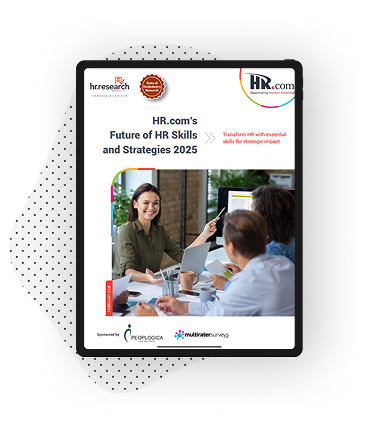
A Guide For Managers of Millennials & Gen Z’s
How to Develop Future Leaders in 2026?
By 2030, close to 75% of the global workforce will be made up of Millennials and Gen Z’s. How can managers of today prepare themselves to lead and develop a generation of future leaders?
Download our full guide to learn more.